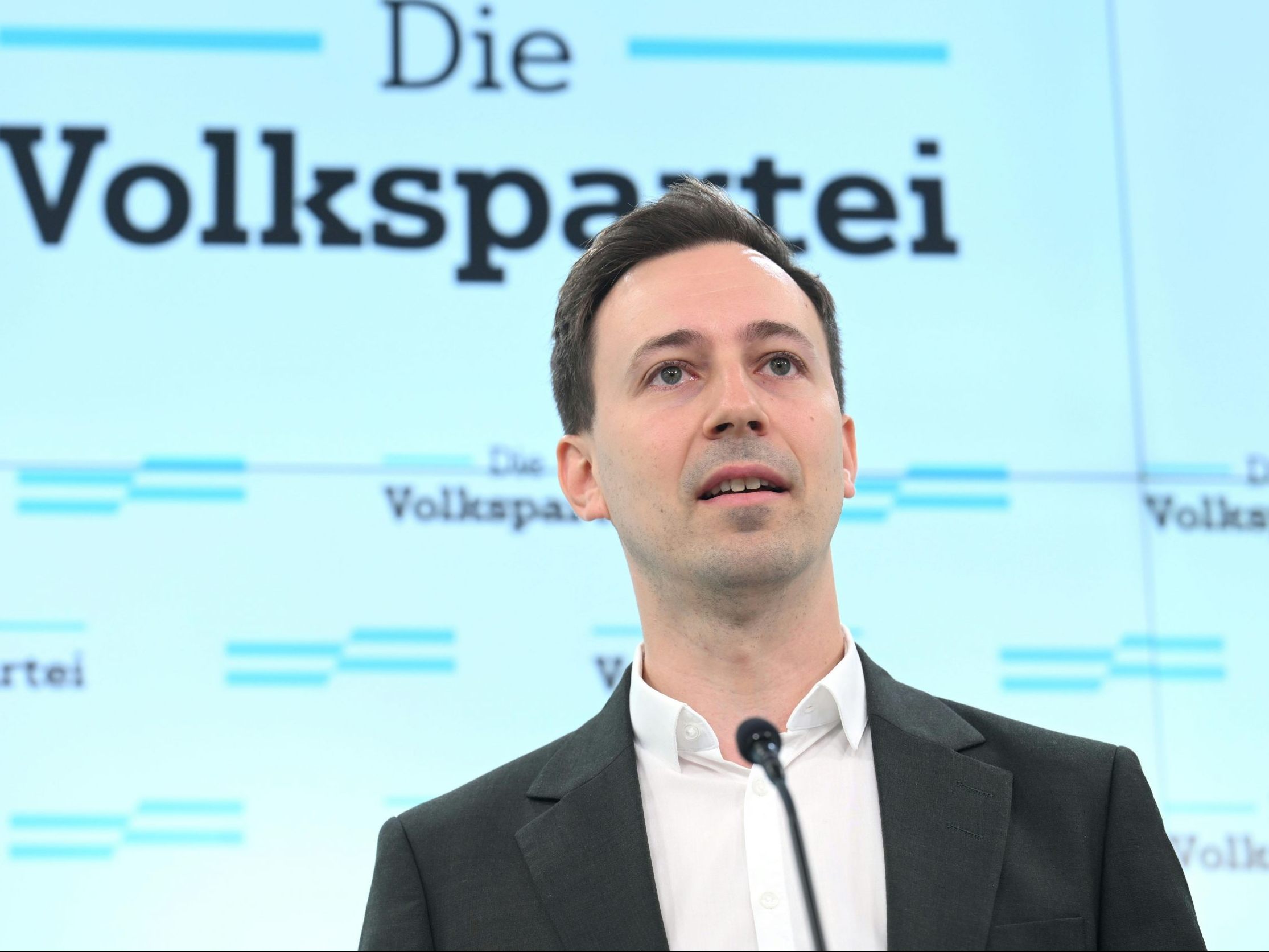Food Prices: "Classic Interventions" Not an Option for ÖVP

However, should prices gallop away, they would intervene in other ways, he stated at a press conference. In this respect, he saw neither rejection nor approval in the price debate initiated by Finance Minister Markus Marterbauer (SPÖ).
For he had not presented a concrete model. Therefore, he could neither say yes nor no to it, Marchetti said. The General Secretary expressed his own considerations rather vaguely. He pointed out that combating "shrinkflation" (reducing package contents to hide inflation) is anchored in the government program. Additionally, they could start "competitive things," such as regarding transparency.
SPÖ club chairman Philip Kucher said in response that his party was open to all measures that would bring the goal of affordable food prices closer. This ranges from the European dimension (Austria is structurally disadvantaged as a small country) to increasing competition and transparency to regulatory approaches.
FPÖ for Disclosure of Price Data
The FPÖ also wants more transparency in food prices and is calling for a "legally mandatory disclosure of price data by large retail chains," according to a statement on Thursday. "The ministry relies on private price comparison offers - but without a legal data basis, this is completely toothless," said FPÖ MP Christian Ragger. Due to many promotions, consumers have no clarity about the actual prices.
The PRO-GE also advocates for precise monitoring of food prices through an anti-inflation commission. In general, the union supports Marterbauer's proposal to consider measures to curb inflation. Companies could pass on price increases to customers, but employees could not. "High electricity and energy prices, constantly rising costs due to the indexing of, for example, rents, insurance contracts, and internet or mobile services, cause a constant burden," writes the union.
Greens Demand Pressure on State Energy Suppliers
Regarding energy prices, Green club chairwoman Leonore Gewessler said on the sidelines of a press conference that pressure must be exerted on state energy suppliers to reduce inflation. Gewessler referred to the "electricity price brake" introduced under the ÖVP-Green government. However, under the then government, the subsidy was also halved again, justified by falling energy prices. The upper limit of the energy price, up to which the brake was effective, decreased from 40 to 25 cents in 2024.
(APA/Red)
This article has been automatically translated, read the original article here.





